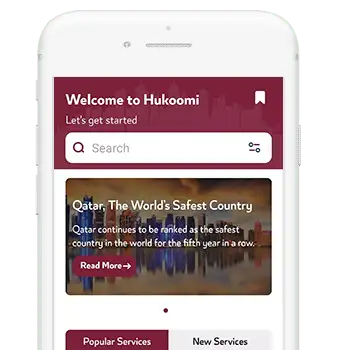Providing feasibility study services is valuable for businesses and entrepreneurs looking to assess the viability and potential success of a proposed project or business venture. Feasibility studies involve conducting a thorough analysis of various factors to determine if the project is feasible and worth pursuing. Here's some information on how you can provide feasibility study services:
- Project Assessment: You would work closely with your clients to understand their project goals, objectives, and requirements. This involves gathering information about the proposed project, including its scope, potential market, target audience, timeline, budget, and resources.
- Market Analysis: Conducting a comprehensive market analysis is a crucial component of a feasibility study. This involves assessing the market size, growth potential, competition, target customers, and trends relevant to the project. Understanding the market dynamics helps evaluate the demand and potential success of the proposed project.
- Financial Analysis: Assessing the financial feasibility of the project is vital. You would analyze the projected costs, revenues, profitability, and return on investment (ROI) to determine if the project is financially viable. This may involve conducting financial modeling, forecasting, and risk analysis to assess the project's financial sustainability.
- Technical Evaluation: If the project involves technical aspects, you would evaluate the technical feasibility. This includes assessing the availability of technology, infrastructure requirements, operational considerations, and any potential technical challenges that may impact the project's success.
- Legal and Regulatory Compliance: Ensuring compliance with applicable laws, regulations, and permits is essential for any project. You would assess the legal and regulatory requirements related to the project, including permits, licenses, environmental regulations, and industry-specific regulations. Identifying any legal barriers or risks helps your clients understand the compliance requirements.
- Operational Considerations: Assessing the operational feasibility involves evaluating the project's ability to be implemented and operated successfully. This includes analyzing the necessary resources, skills, human capital, and processes required for the project's execution and ongoing operations.
- Risk Assessment: Identifying and assessing potential risks associated with the project is crucial for decision-making. You would conduct a risk analysis to identify and evaluate various risks, such as market risks, financial risks, operational risks, legal risks, and external risks. Developing risk mitigation strategies helps your clients understand and manage potential challenges.
- Report and Recommendations: Finally, you would prepare a comprehensive feasibility study report that outlines your findings, analysis, and recommendations. The report would summarize the project's feasibility, provide insights on potential risks and challenges, and offer recommendations on whether to proceed with the project, modify the approach, or consider alternative options.
Effective communication and collaboration with your clients throughout the feasibility study process is crucial to understanding their objectives, addressing their concerns, and ensuring that the study aligns with their specific needs.
Effective communication and collaboration with your clients throughout the feasibility study process is crucial to understanding their objectives, addressing their concerns, and ensuring that the study aligns with their specific needs.
Working closely with industry experts, market researchers, financial analysts, and legal professionals can enhance the quality and credibility of your feasibility study services.




